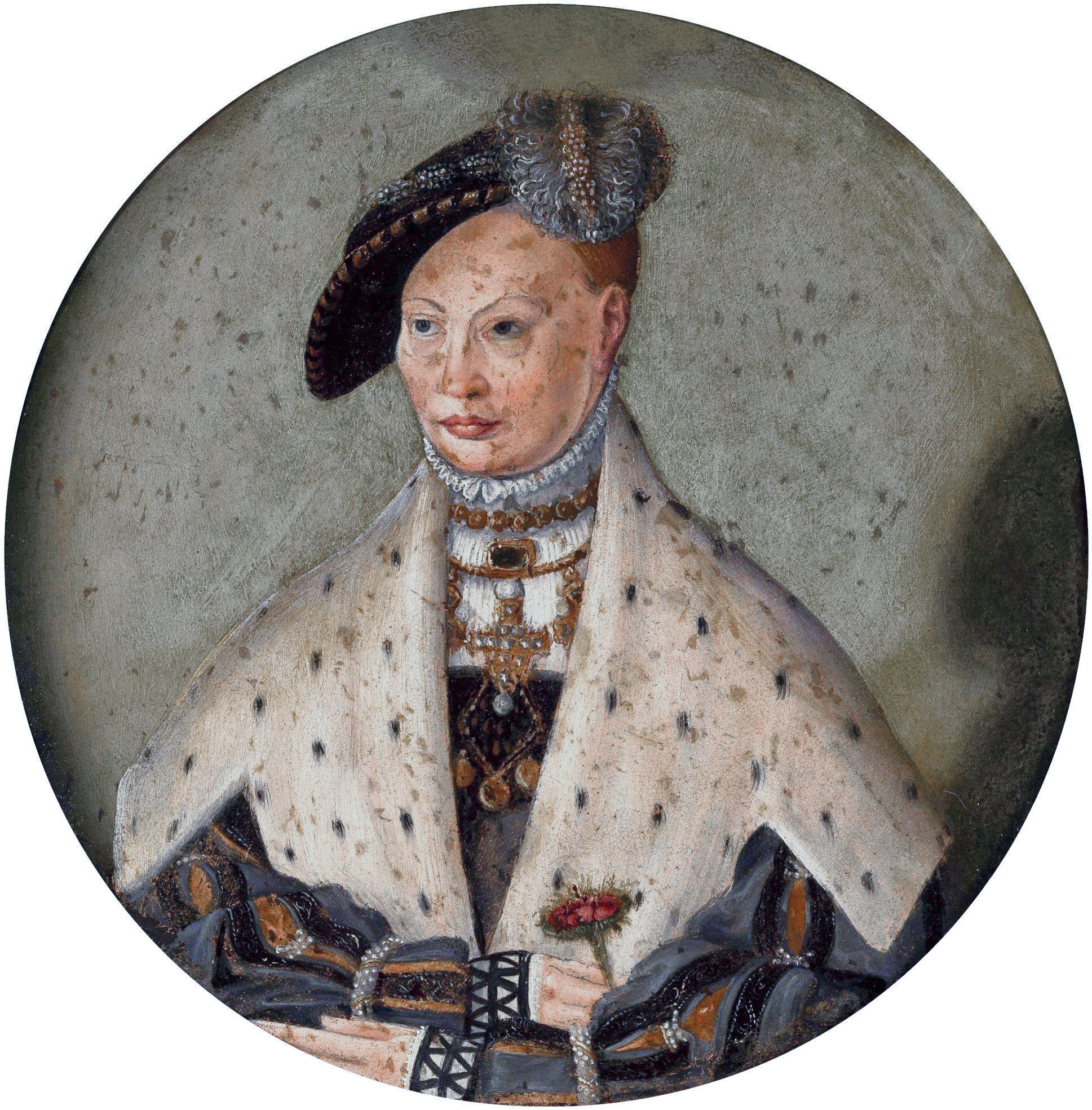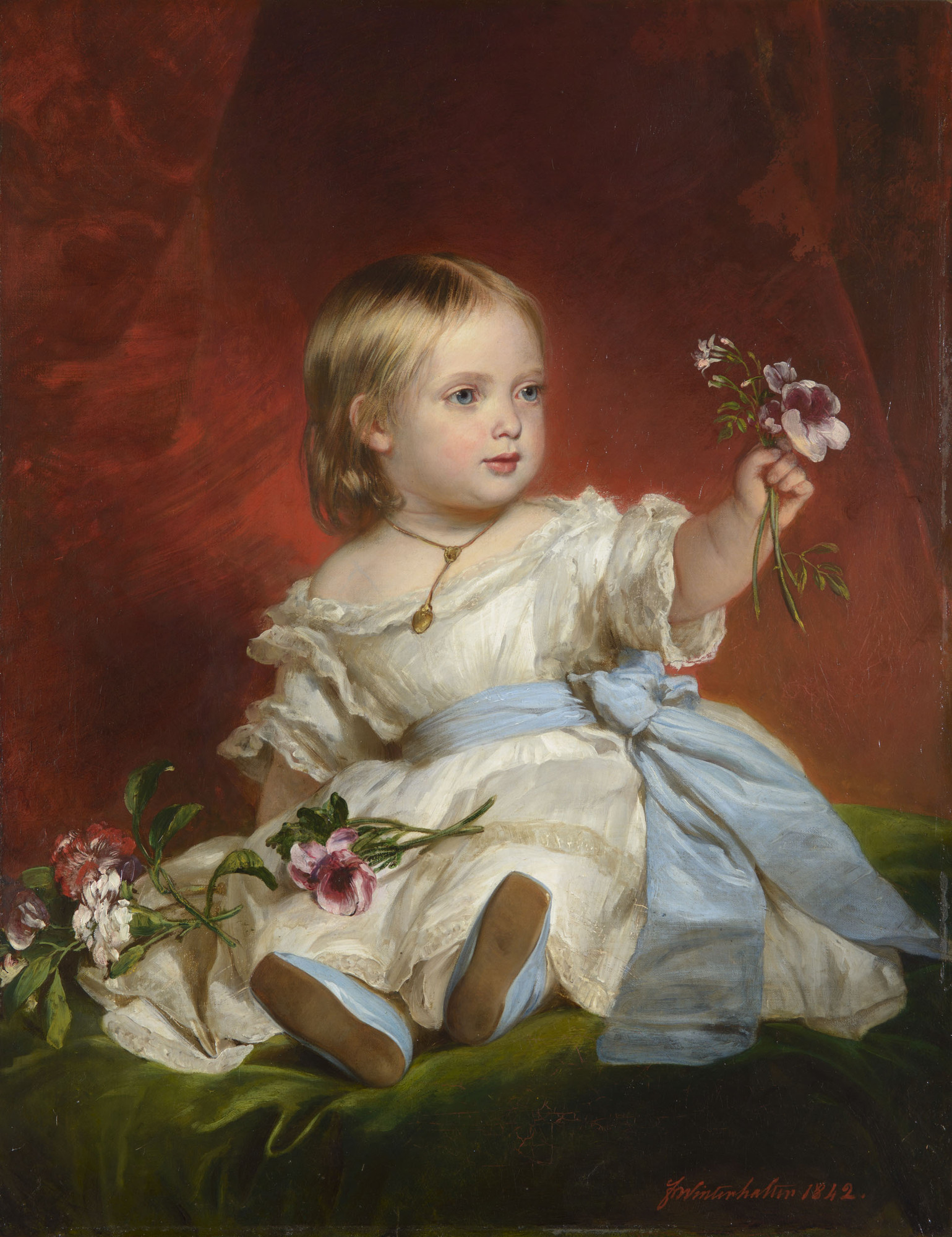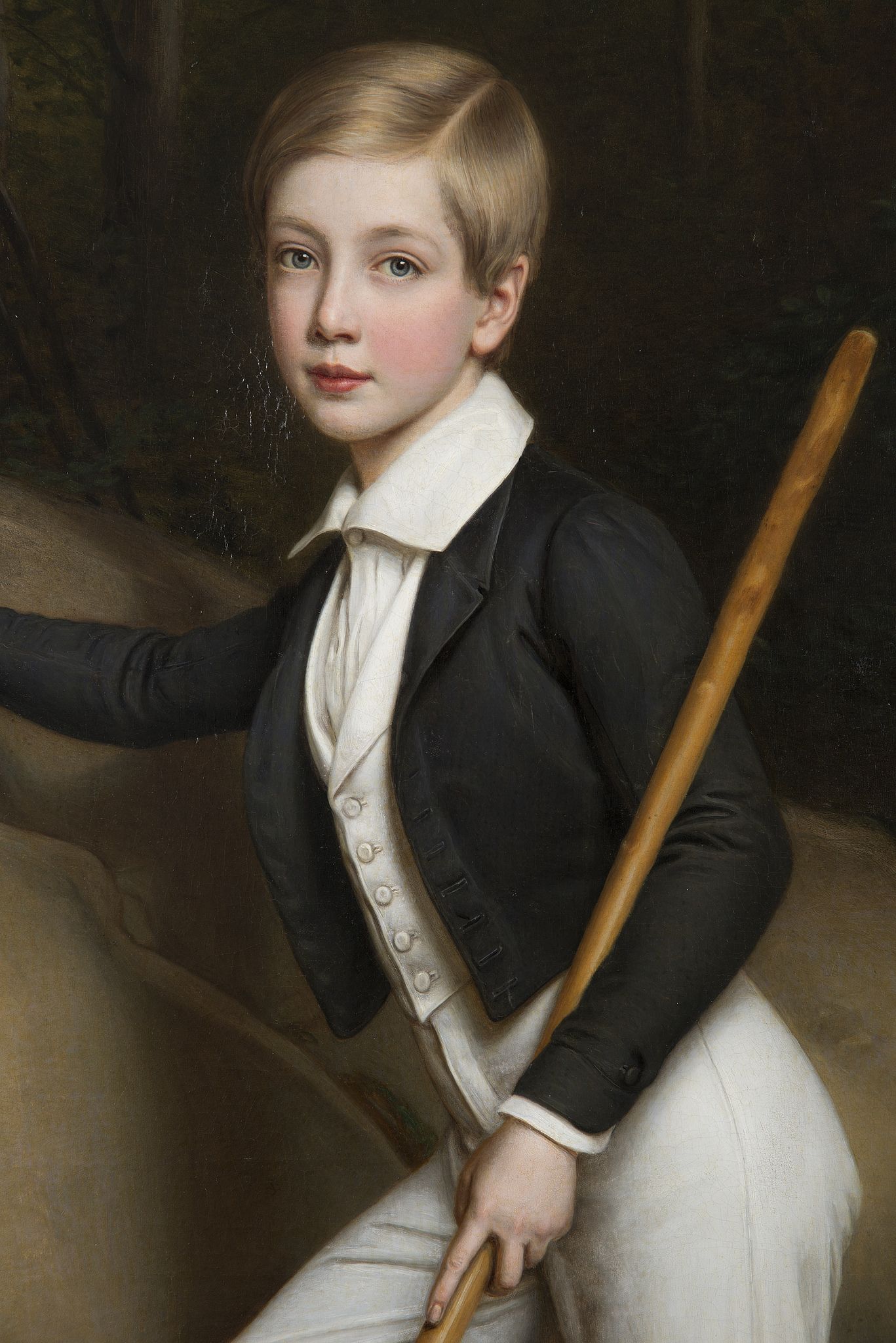|
Elisabeth Ludovika Of Bavaria
Elisabeth Ludovika of Bavaria (13 November 1801 – 14 December 1873) was Queen of Prussia as the wife of King Frederick William IV. Biography Early life Elisabeth was born in Munich, the daughter of King Maximilian I Joseph of Bavaria and his Queen Friederike Karoline Wilhelmine Margravine of Baden. She was the identical twin sister of Queen Amalie of Saxony, consort of King John I of Saxony, and sister of Archduchess Sophie of Austria, mother of Emperor Franz Josef I of Austria and Emperor Maximilian I of Mexico; as well as Ludovika, Duchess in Bavaria, mother of Franz Josef's consort, Empress Elisabeth of Austria (''Sisi''), who was Elisabeth's godchild and namesake. She was known within her family as Elise. Crown Princess On 29 November 1823, she married the future King Frederick William IV of Prussia and supported his intellectual interests, namely his attempts at artwork, which he held dear to his heart. She refused to become a Protestant as a condition of he ... [...More Info...] [...Related Items...] OR: [Wikipedia] [Google] [Baidu] |
Queen Consort Of Prussia
The Queen of Prussia (german: Königin von Preußen) was the queen consort of the ruler of the Kingdom of Prussia, from its establishment in 1701 to its abolition in 1918. As all rulers of Prussia had to be male, there was never a Queen regnant of Prussia. Until 1806, the Queen of Prussia was also Electress of Brandenburg; after 1871, she was also German Empress. Until 1772, her title was ''Queen in Prussia'' (see King in Prussia). Duchess of Prussia Queens in Prussia Queens of Prussia Spouses of the pretenders See also *List of consorts of Brandenburg *List of German queens *Princess of Orange * Princess of Neuchâtel * Duchess of Saxe-Lauenburg * Grand Duchess of Posen *List of consorts of Hohenzollern *List of monarchs of Prussia {{DEFAULTSORT:List Of Prussian Consorts Prussia, List of consorts of Prussia, List of consorts of Consorts __NOTOC__ Consort may refer to: Music * "The Consort" (Rufus Wainwright song), from the 2000 album ''Poses'' * Consort ... [...More Info...] [...Related Items...] OR: [Wikipedia] [Google] [Baidu] |
Identical Twins
Twins are two offspring produced by the same pregnancy.MedicineNet > Definition of TwinLast Editorial Review: 19 June 2000 Twins can be either ''monozygotic'' ('identical'), meaning that they develop from one zygote, which splits and forms two embryos, or ''dizygotic'' ('non-identical' or 'fraternal'), meaning that each twin develops from a separate egg and each egg is fertilized by its own sperm cell. Since identical twins develop from one zygote, they will share the same sex, while fraternal twins may or may not. In rare cases twins can have the same mother and different fathers (heteropaternal superfecundation). In contrast, a fetus that develops alone in the womb (the much more common case, in humans) is called a ''singleton'', and the general term for one offspring of a multiple birth is a ''multiple''. Unrelated look-alikes whose resemblance parallels that of twins are referred to as doppelgängers. Statistics The human twin birth rate in the United States rose 76% from ... [...More Info...] [...Related Items...] OR: [Wikipedia] [Google] [Baidu] |
Sanssouci
Sanssouci () is a historical building in Potsdam, near Berlin. Built by Prussian King Frederick the Great as his summer palace, it is often counted among the German rivals of Versailles. While Sanssouci is in the more intimate Rococo style and is far smaller than its French Baroque counterpart, it, too, is notable for the numerous temples and follies in the surrounding park. The palace was designed and built by Georg Wenzeslaus von Knobelsdorff between 1745 and 1747 to meet Frederick's need for a private residence where he could escape the pomp and ceremony of the royal court. The palace's name is a French phrase (''sans souci'') that translates as "without concerns", meaning "without worries" or "carefree", emphasising that the palace was meant as a place of relaxation, rather than a seat of power. Sanssouci is little more than a large, single-story villa—more like the Château de Marly than Versailles. Containing just ten principal rooms, it was built on the brow of a ter ... [...More Info...] [...Related Items...] OR: [Wikipedia] [Google] [Baidu] |
Augusta Of Saxe-Weimar-Eisenach
Princess Augusta Marie Luise Katharina of Saxe-Weimar-Eisenach (30 September 1811 – 7 January 1890) was the queen of Prussia and the first German empress as the consort of William I, German Emperor. Early life Augusta was the second daughter of Charles Frederick, Grand Duke of Saxe-Weimar-Eisenach, and Maria Pavlovna of Russia, a daughter of Paul I of Russia and Sophie Dorothea of Württemberg. While her father was an intellectually limited person, whose preferred reading up to the end of his life was fairy tales, Johann Wolfgang von Goethe spoke of Augusta's mother Marie as "one of the best and most significant women of her time." Augusta received a comprehensive education, including drawing lessons from the court painter, Luise Seidler, as well as music lessons from the court bandmaster, Johann Nepomuk Hummel. Meeting with Wilhelm Augusta was only fifteen years old when, in 1826, she first met her future husband, Prince Wilhelm (William), who was more than fourteen ye ... [...More Info...] [...Related Items...] OR: [Wikipedia] [Google] [Baidu] |
Victoria, Princess Royal
Victoria, Princess Royal (Victoria Adelaide Mary Louisa; 21 November 1840 – 5 August 1901) was German Empress and Queen of Prussia as the wife of German Emperor Frederick III. She was the eldest child of Queen Victoria of the United Kingdom and Prince Albert of Saxe-Coburg and Gotha, and was created Princess Royal in 1841. She was the mother of Wilhelm II, German Emperor. Educated by her father in a politically liberal environment, Victoria was married at age 17 to Prince Frederick of Prussia, with whom she had eight children. Victoria shared with Frederick her liberal views and hopes that Prussia and the later German Empire should become a constitutional monarchy, based on the British model. Criticised for this attitude and for her English origins, Victoria suffered ostracism by the Hohenzollerns and the Berlin court. This isolation increased after the rise to power of Otto von Bismarck, one of her most staunch political opponents, in 1862. Victoria was empress for on ... [...More Info...] [...Related Items...] OR: [Wikipedia] [Google] [Baidu] |
Austrian Empire
The Austrian Empire (german: link=no, Kaiserthum Oesterreich, modern spelling , ) was a Central-Eastern European multinational great power from 1804 to 1867, created by proclamation out of the realms of the Habsburgs. During its existence, it was the third most populous monarchy in Europe after the Russian Empire and the United Kingdom. Along with Prussia, it was one of the two major powers of the German Confederation. Geographically, it was the third-largest empire in Europe after the Russian Empire and the First French Empire (). The empire was proclaimed by Francis II, Holy Roman Emperor, Francis II in 1804 in response to Napoleon's declaration of the First French Empire, unifying all Habsburg monarchy, Habsburg possessions under one central government. It remained part of the Holy Roman Empire until the latter's dissolution in 1806. It continued fighting against Napoleon throughout the Napoleonic Wars, except for a period between 1809 and 1813, when Austria was first all ... [...More Info...] [...Related Items...] OR: [Wikipedia] [Google] [Baidu] |
Elisabeth Ludovika As A Bavarian Princess
Elizabeth or Elisabeth may refer to: People * Elizabeth (given name), a female given name (including people with that name) * Elizabeth (biblical figure), mother of John the Baptist Ships * HMS ''Elizabeth'', several ships * ''Elisabeth'' (schooner), several ships * ''Elizabeth'' (freighter), an American freighter that was wrecked off New York harbor in 1850; see Places Australia * City of Elizabeth ** Elizabeth, South Australia * Elizabeth Reef, a coral reef in the Tasman Sea United States * Elizabeth, Arkansas * Elizabeth, Colorado * Elizabeth, Georgia * Elizabeth, Illinois * Elizabeth, Indiana * Hopkinsville, Kentucky, originally known as Elizabeth * Elizabeth, Louisiana * Elizabeth Islands, Massachusetts * Elizabeth, Minnesota * Elizabeth, New Jersey, largest city with the name in the U.S. * Elizabeth City, North Carolina * Elizabeth (Charlotte neighborhood), North Carolina * Elizabeth, Pennsylvania * Elizabeth Township, Pennsylvania (other) * Elizabeth, West Vi ... [...More Info...] [...Related Items...] OR: [Wikipedia] [Google] [Baidu] |
Elisabeth Of Bavaria
Duchess Elisabeth Amalie Eugenie in Bavaria (24 December 1837 – 10 September 1898) was Empress of Austria and Queen of Hungary from her marriage to Emperor Franz Joseph I on 24 April 1854 until her assassination in 1898. Elisabeth was born into the royal Bavarian House of Wittelsbach. Nicknamed Sisi (also Sissi), she enjoyed an informal upbringing before marrying Emperor Franz Joseph I at the age of sixteen. The marriage thrust her into the much more formal Habsburg court life, for which she was unprepared and which she found uncongenial. Early in the marriage, she was at odds with her mother-in-law, Archduchess Sophie, who took over the rearing of Elisabeth's daughters, one of whom, Sophie, died in infancy. The birth of a son to the imperial couple, Crown Prince Rudolf, improved Elisabeth's standing at court, but her health suffered under the strain. As a result, she would often visit Hungary for its more relaxed environment. She came to develop a deep kinship w ... [...More Info...] [...Related Items...] OR: [Wikipedia] [Google] [Baidu] |
Princess Ludovika Of Bavaria
Princess Ludovika of Bavaria (Marie Ludovika Wilhelmine; ''Mary Louise Wilhelmina''; 30 August 1808 – 25 January 1892) was the sixth child of King Maximilian I Joseph of Bavaria and his second wife, Karoline of Baden, and the mother of Empress Elisabeth of Austria. She was born and died in Munich. Life Early years Marie Ludovika Wilhelmine was born to King Maximilian I Joseph of Bavaria and his second wife Caroline of Baden as their fifth child, The birth of Ludovika was known to be difficult. Ludovika was christened one day after her birth as Ludovika Wilhelmine. Ludovika and her sisters received many lessons in literature as well as geography and history. They both spoke German and French. Marriage Ludovika married Maximilian Joseph, Duke in Bavaria, whose father Duke Pius August in Bavaria was her cousin, on 9 September 1828 in Tegernsee. Ludovika was always frustrated that, unlike her elder sisters who married kings and Austrian archdukes, she would not be marrying some ... [...More Info...] [...Related Items...] OR: [Wikipedia] [Google] [Baidu] |
Maximilian I Of Mexico
Maximilian I (german: Ferdinand Maximilian Josef Maria von Habsburg-Lothringen, link=no, es, Fernando Maximiliano José María de Habsburgo-Lorena, link=no; 6 July 1832 – 19 June 1867) was an Austrian archduke who reigned as the only Emperor of the Second Mexican Empire from 10 April 1864 until his execution on 19 June 1867. A member of the House of Habsburg-Lorraine, Maximilian was the younger brother of Emperor Franz Joseph I of Austria. He had a distinguished career as the Austrian viceroy of Lombardy–Venetia and the commander-in-chief of the Imperial Austrian Navy. His involvement in Mexico came about after France, together with Spain and the United Kingdom, had occupied the port of Veracruz in the winter of 1861 to pressure the Mexican government into settling its debts with the three powers after Mexico had announced a suspension on debt repayment earlier in the year; the Spanish and British both withdrew the following year after negotiating agreements with the Mex ... [...More Info...] [...Related Items...] OR: [Wikipedia] [Google] [Baidu] |
Franz Joseph I Of Austria
Franz Joseph I or Francis Joseph I (german: Franz Joseph Karl, hu, Ferenc József Károly, 18 August 1830 – 21 November 1916) was Emperor of Austria, King of Hungary, and the Grand title of the Emperor of Austria, other states of the Habsburg monarchy from 2 December 1848 until his death on 21 November 1916. In the early part of his reign, his realms and territories were referred to as the Austrian Empire, but were reconstituted as the dual monarchy of the Austro-Hungarian Empire in 1867. From 1 May 1850 to 24 August 1866, Franz Joseph was also President of the German Confederation. In December 1848, Franz Joseph's uncle Ferdinand I of Austria, Emperor Ferdinand abdicated the throne at Olomouc, as part of Minister President Felix zu Schwarzenberg's plan to end the Revolutions of 1848 in Hungary. Franz Joseph then acceded to the throne. Largely considered to be a reactionary, he spent his early reign resisting constitutionalism in his domains. The Austrian Empire was forced to c ... [...More Info...] [...Related Items...] OR: [Wikipedia] [Google] [Baidu] |








